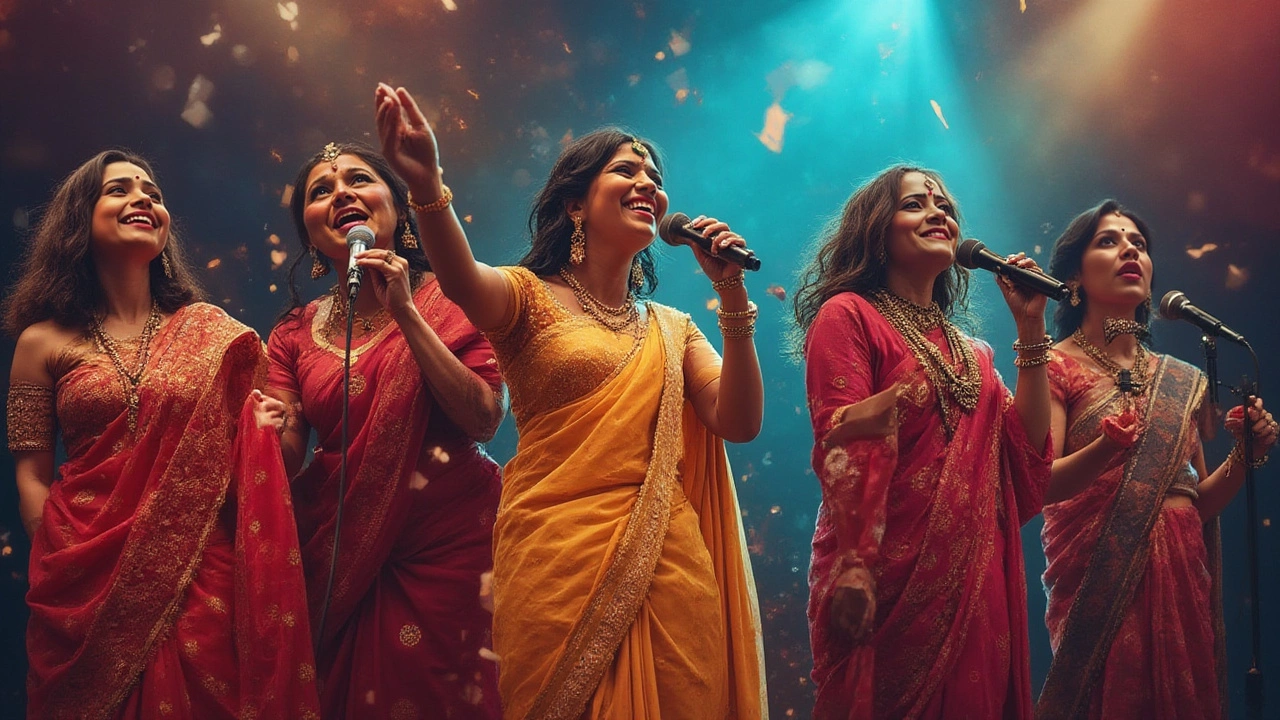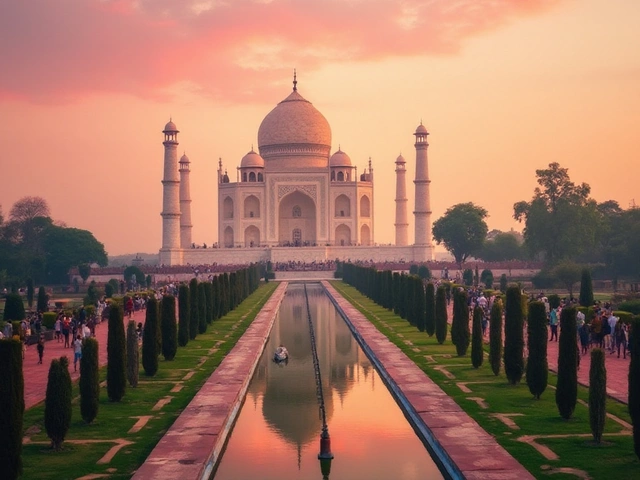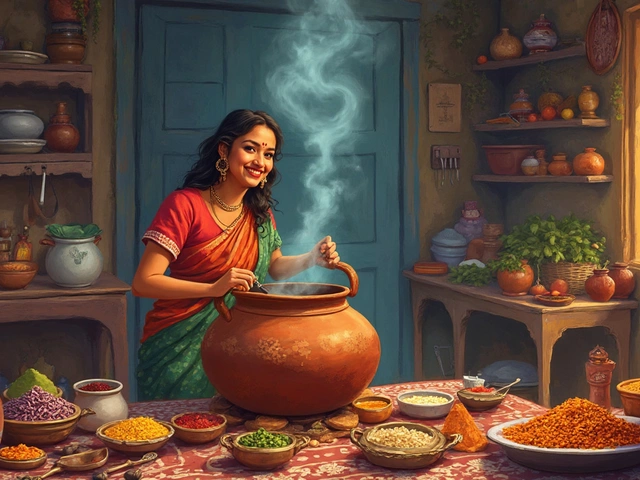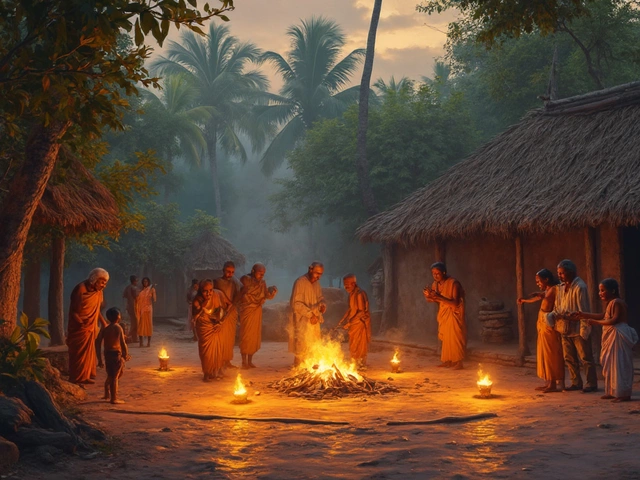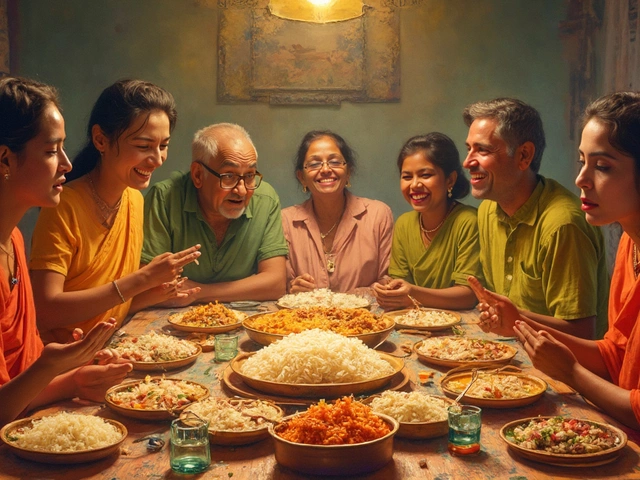If you closed your eyes and thought of the 'greatest female voice,' whose song floats through the silence? There’s no other debate in music that glows with more passion and opinion, because a stunning female voice can shake a mountain, heal a broken heart, or drive a revolution with a single lyric. But how do you measure greatness in a world full of legends—by raw power, unique tone, cultural influence, or something deeper?
The Power to Bend Time: What Makes a Voice “Great”?
Not all titans of singing have perfect techniques or pitch. Some even break the rules—deliberately or not. Yet, something about them lingers in your mind, like Aretha Franklin turning gospel into a pop explosion or Whitney Houston launching an entire decade’s sound with a single note. The greatest female voice is more than just technical prowess. Sure, there are voices that will send chills down your spine—Mariah Carey’s whistle notes, Ella Fitzgerald’s clean, velvety jazz, or Adele’s raw ache. But the world remembers not just what a singer can do, but what she makes you feel.
One study out of Harvard (2023) dug deep into what listeners love about a singer. It wasn’t just about flawless technique or massive vocal range, but emotional clarity. If a voice could make you feel joy, heartbreak, nostalgia, anger—even in the same song—it landed in the 'greatest' camp.
Some names keep popping up whenever this debate comes up. From generations ago to new TikTok sensations, there’s a thread—emotion, purpose, and charisma. It’s those unpredictable textures in Etta James’ growl, Celine Dion’s stamina, Amy Winehouse’s tragic rasp, or Tina Turner’s powerhouse grit. There’s no single template, but there’s always authenticity.
Want to spot greatness? Here are a few tips:
- Listen for personality: Does her voice have unique quirks or emotional “color” that you’d recognize anywhere?
- Check live performances: Studio magic can only go so far. Listen to how she sounds at concerts or in stripped-down settings.
- Notice influence: Has she inspired a generation or genre? Ask modern stars who their favorite singers are, and the same names come up.
- Feel it in your gut: There’s no formula for goosebumps. If a singer can break through your boredom, she might be on the list.
Voices That Changed the World: Icons Through the Ages
The world’s most acclaimed female voices don’t just fill stadiums or top charts. They shift fashion, politics, and the very sound of an era. Take Billie Holiday—her voice was longing and pain, wrapped in velvet smoke. She could own a jazz standard and turn protest lyrics into national conversation. Or Edith Piaf, the 'Little Sparrow' of France, whose soaring, aching tones poured out stories from the streets of Paris.
Fast forward to the late 20th century, and you see Aretha Franklin—her 1967 hit “Respect” didn’t just launch an anthem, it helped soundtrack civil rights movements. Whitney Houston wasn’t just a pop star; her version of “I Will Always Love You” smashed records and set a nearly impossible bar for vocal control, emotion, and range. According to Rolling Stone’s 2023 “200 Greatest Singers” ranking, Aretha still tops all categories as the queen.
Let’s not forget the genre-benders. Bjork brings chilly Icelandic weirdness to new heights, Mariah Carey changed pop with both bubblegum hooks and vocal acrobatics, and Sinead O’Connor cut through every wall of sound with stark vulnerability. From Selena Quintanilla’s Tex-Mex sparkle to Tracy Chapman’s folk minimalism, the greatest female voice can appear in any style, anywhere on the planet.
Sometimes, the voice even becomes the movement. Nina Simone never let go of her political roots, packing her performances with civil rights fury and gospel purity. Madonna shifted pop with attitude and reinvention, making people pay attention to just how much power could be packed into a pop song. And we’re not even getting to opera: Maria Callas’s tragic, volcanic soprano dominates any list of classical voices—her acting and phrasing literally redefined how arias were sung.
Check out some quick stats on female powerhouse vocalists (up to July 2025):
| Artist | Highest Chart Position (US) | Grammy Awards Won | Vocal Range (Octaves) |
|---|---|---|---|
| Aretha Franklin | 1 | 18 | 3 |
| Whitney Houston | 1 | 8 | 3.5 |
| Mariah Carey | 1 | 5 | 5 |
| Adele | 1 | 16 | 3 |
| Ella Fitzgerald | 17 | 14 | 3+ |
| Lata Mangeshkar | N/A | 4 | 3 |
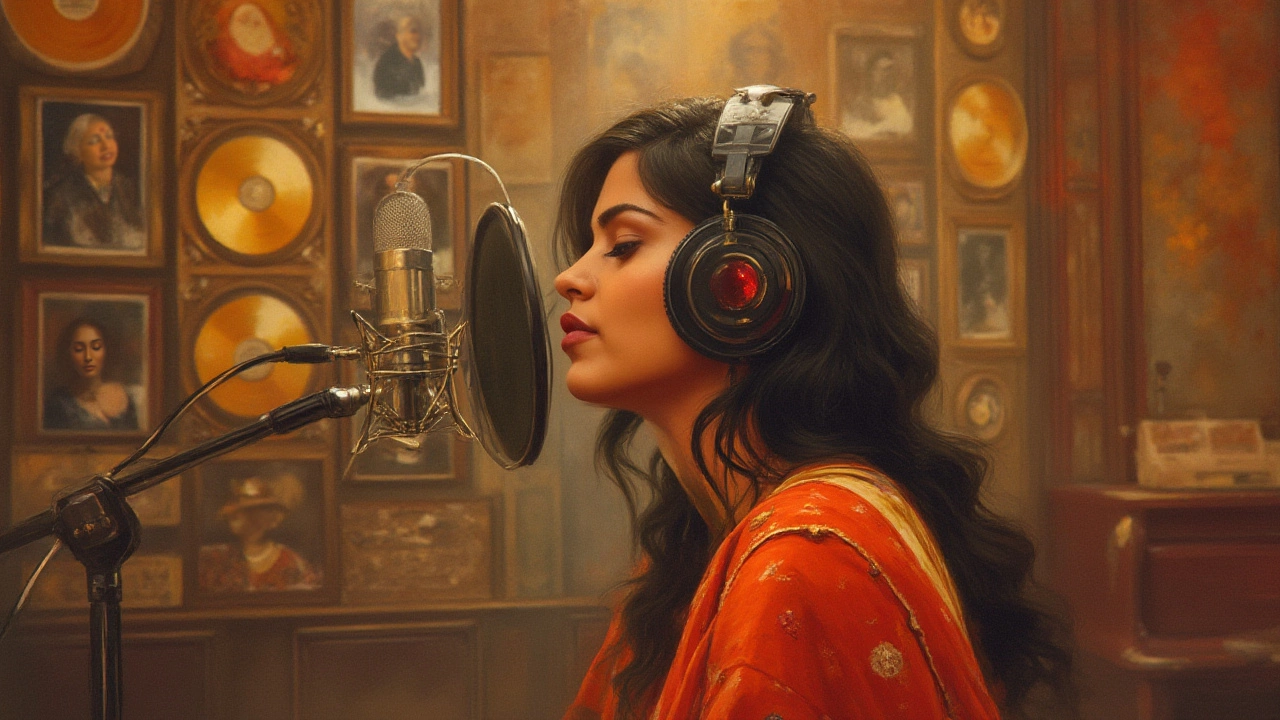
Voice Versus Technology: How Modern Era Has Shifted the Game
Let’s face it—today’s music industry runs as much on visuals and social media as talent. Auto-tune can make anyone hit the notes; viral videos can make a star overnight. But the best female voices still cut through the noise—live, real, raw. Adele’s stadium shows feature a simple piano and a spotlight, yet stadiums fall silent when she sings “Someone Like You.” Billie Eilish whispers instead of belts, but her chilling delivery and quirks hit you just as hard as any diva’s power note.
Of course, technology can elevate a unique singer, not just mask the mediocre. Look at how Beyoncé embraces everything: studio layers, fierce choreography, and complex harmonies. Yet, watch her live “Halo”—the pure voice is what fans queue for. Technology adds, but it can’t fake authenticity. Back in the 1980s and 1990s, stars like Mariah Carey used layered vocals in the studio—but when she sings “Vision of Love” live, fans know that five-octave range is real.
Today, TikTok and YouTube can launch a girl with a guitar to stardom in days. Olivia Rodrigo went from Disney star to Grammy winner off the strength of her voice as much as her songwriting. And do not underestimate the power of nostalgia: videos of classic performances by Janis Joplin or Edith Piaf rack up millions of new views every year with Gen Z.
If you want to train your own ear, seek out singers live wherever possible—YouTube is full of unfiltered performances that reveal who has the goods, and who’s more smoke and mirrors. And explore hidden gems: deep cuts from cult artists often hold mind-blowing vocal performances that never hit radio.
Cultural Icons: Beyond The Western Spotlight
It’s way too easy to get stuck on U.S. and U.K. stars, but the definition of “greatness” is global. In India, Lata Mangeshkar recorded over 30,000 songs; her voice shaped generations, carried films, and even influenced national consciousness. In Egypt, Umm Kulthum's concerts reportedly brought the entire city to a stop, as fans closed shops and gathered around radios. Voices like Cesária Évora in Cape Verde owned the stage barefoot, singing in Portuguese-based Creole about heartbreak and hope—with such emotional punch that she sold out Paris, Brazil, and Japan with no translation needed.
Many of these iconic singers carried more than a tune—they carried tradition. Mercedes Sosa from Argentina was as much protest singer as folk icon, leading Latin America through decades of cultural change. In South Korea, Lee Sun-hee’s ballads have packed stadiums since the 1980s, and in Nigeria, Angelique Kidjo blends ancestral rhythms with pop and soul, winning international honors year after year.
Here’s the tip: The next time you search for powerful voices, step off the beaten path. Dig into Latin American boleros, Arabic classics, or the power ballads of East Asia. Spotify and YouTube now hold what old record stores never could: the whole world, at your fingertips.
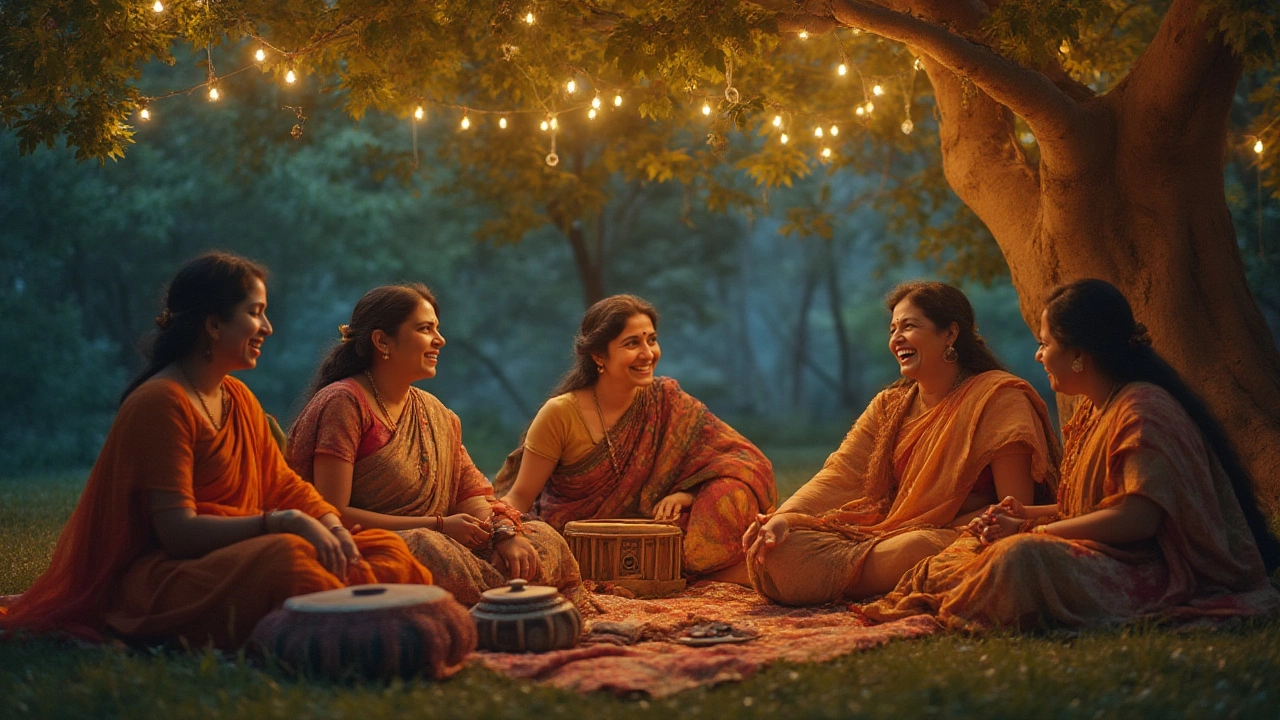
Settling the Debate: Can You Really Name the Greatest?
Ranking art is a risky business—what makes someone the “greatest” voice of all time? Records, prizes, hits? Maybe, but deep down, it comes down to connection. Ask a 60-year-old jazz fan about Ella Fitzgerald, and you’ll hear admiration for scatting precision and velvet tone. Ask a 20-something about Taylor Swift, and it’s her storytelling and vulnerability that gets top marks. Every generation crowns its goddess, and every person’s list is colored by their own heartbreaks, celebrations, and epic road trips.
Some polls give the crown to Whitney Houston, whose voice was once measured at 3.5 octaves with an emotional power that stops time. Others place Aretha Franklin at the top, for her unmatched blend of gospel, soul, and pop. Mariah Carey’s upper register remains the highest-selling vocal acrobatics in history, while Barbra Streisand’s control and clarity have won every award going.
But here’s the wild part: the internet is full of new names every year. Younger icons like Adele, Billie Eilish, and SZA are already crossing milestones that took others a lifetime. Newer voices from every corner of the globe are challenging the old guard, forcing us to rethink what “great” sounds like.
Don’t just accept the big names—explore live clips, dig into old collections, and let yourself be surprised. Someone out there—from a Seoul opera stage to an indie club in Buenos Aires—has a voice that could yet change your life.
